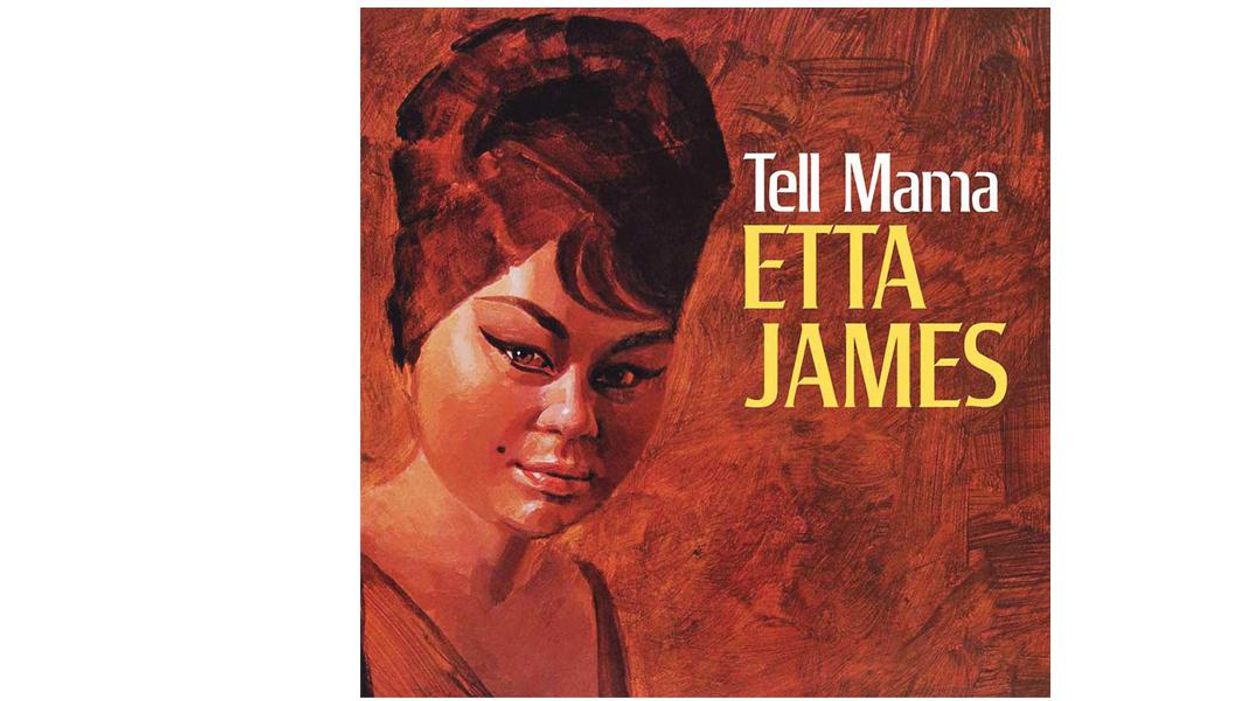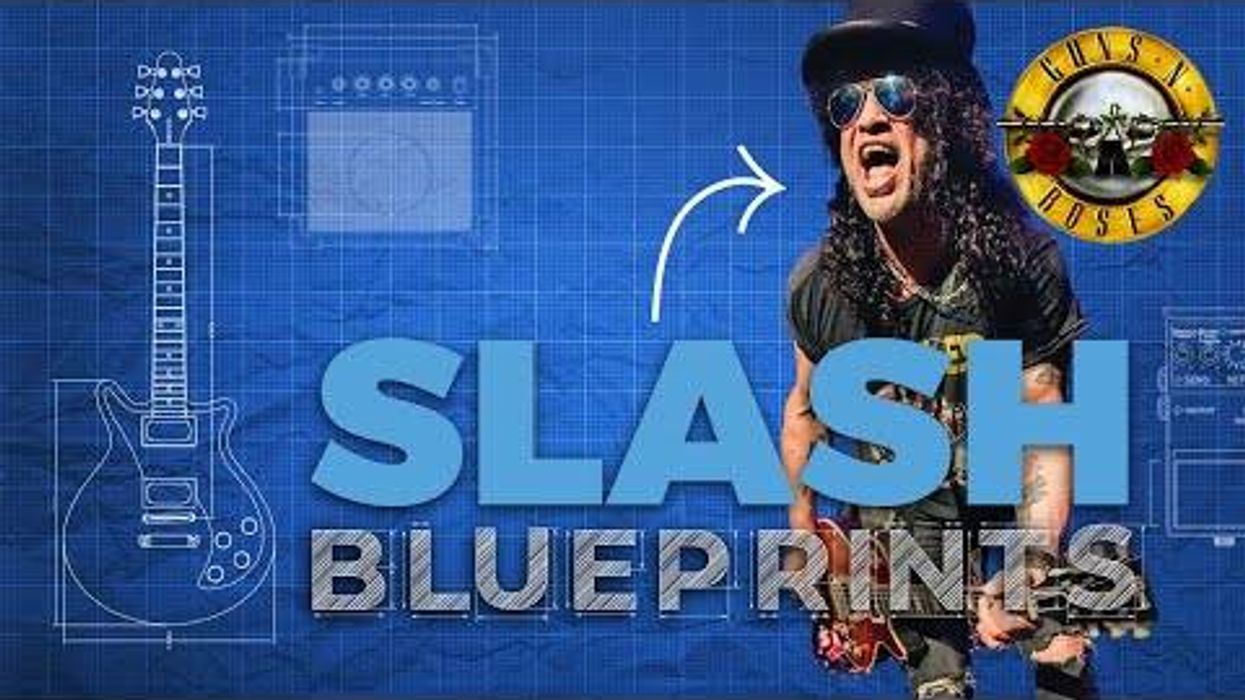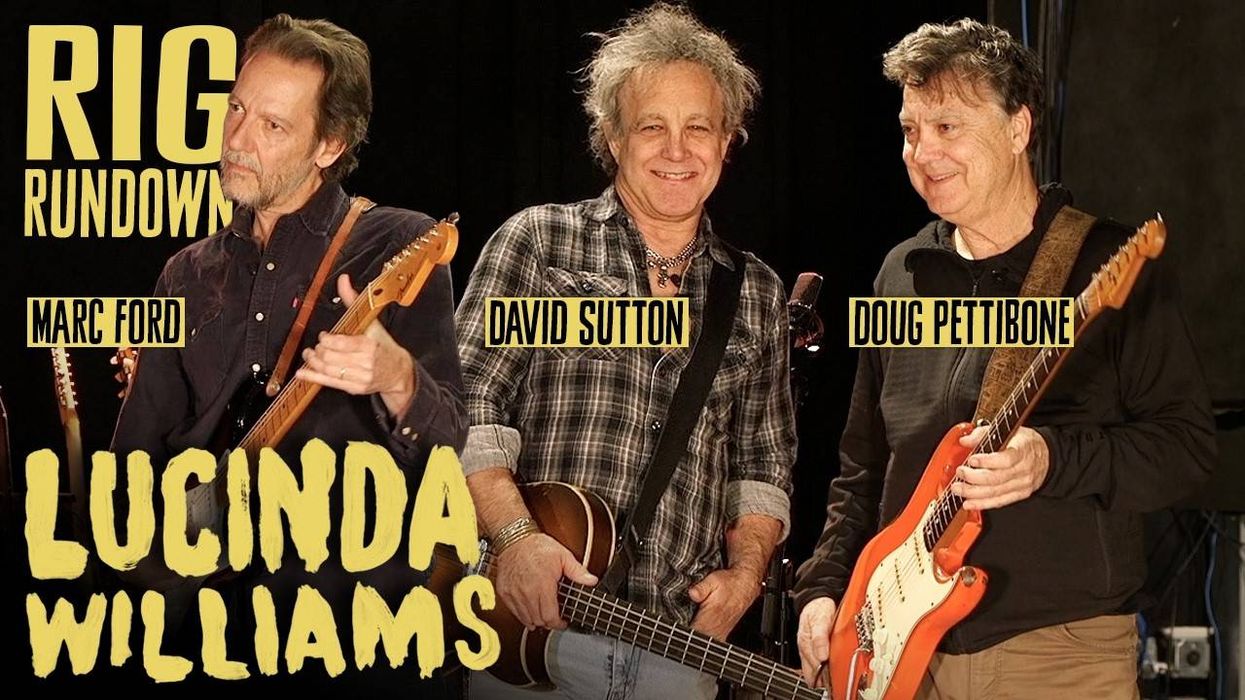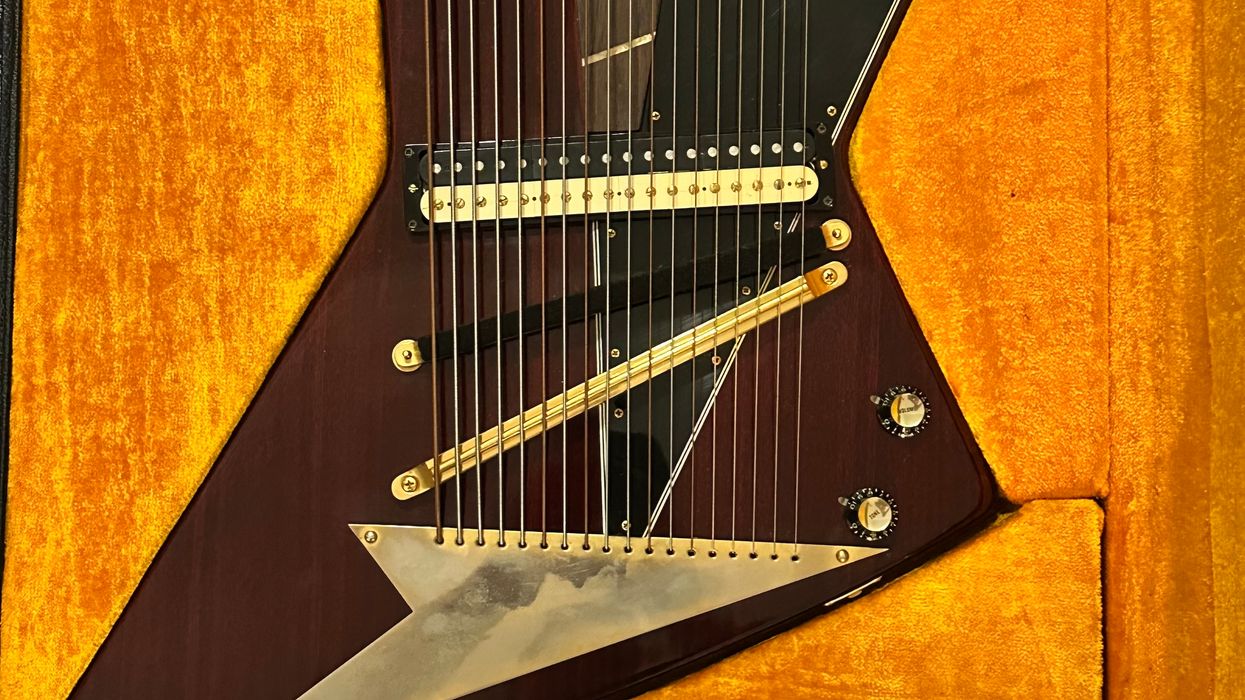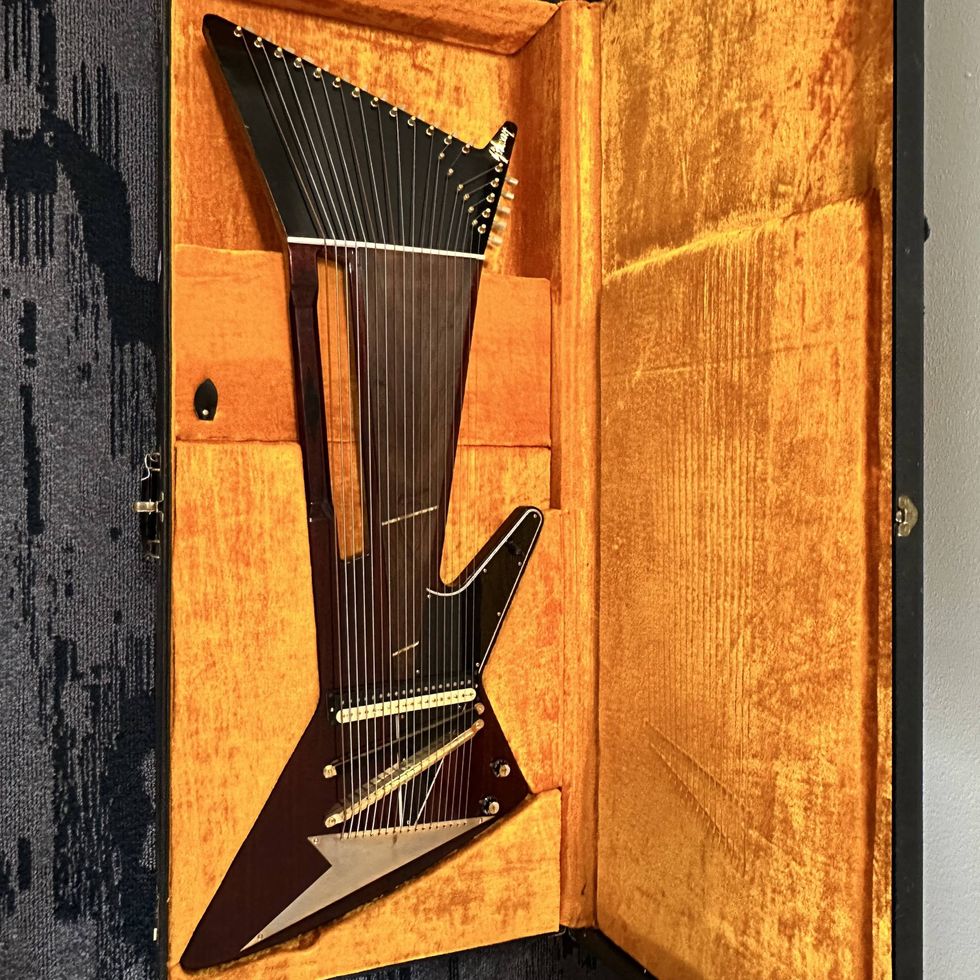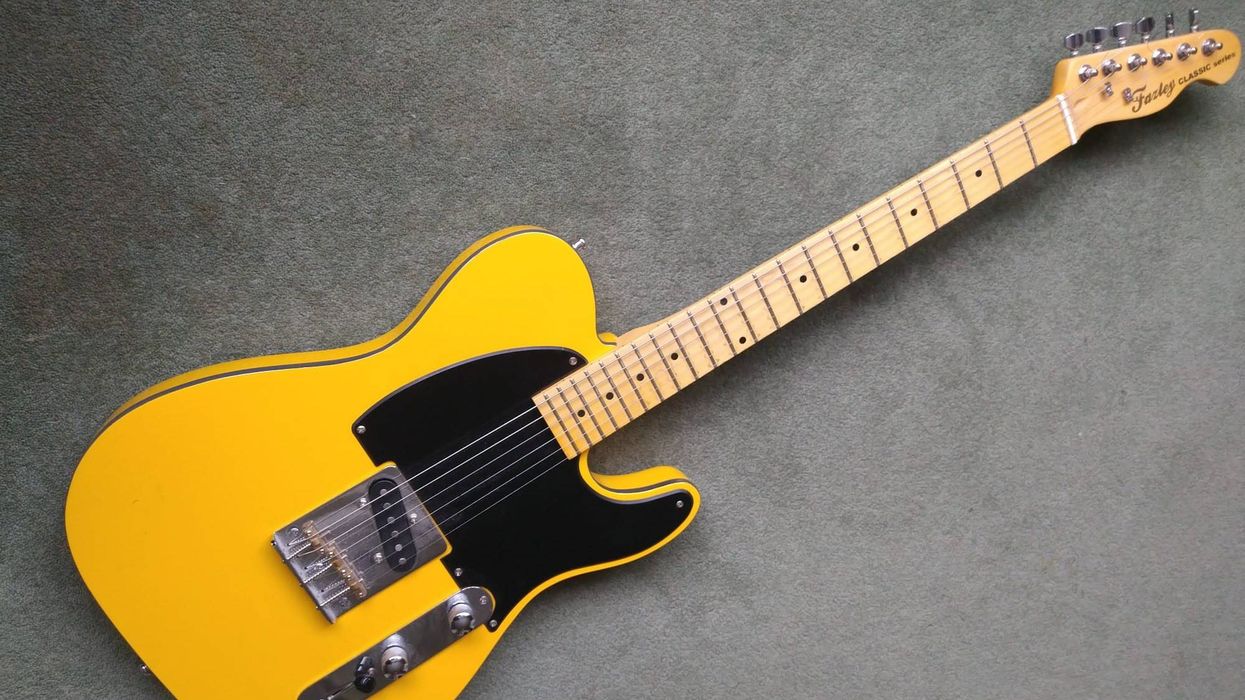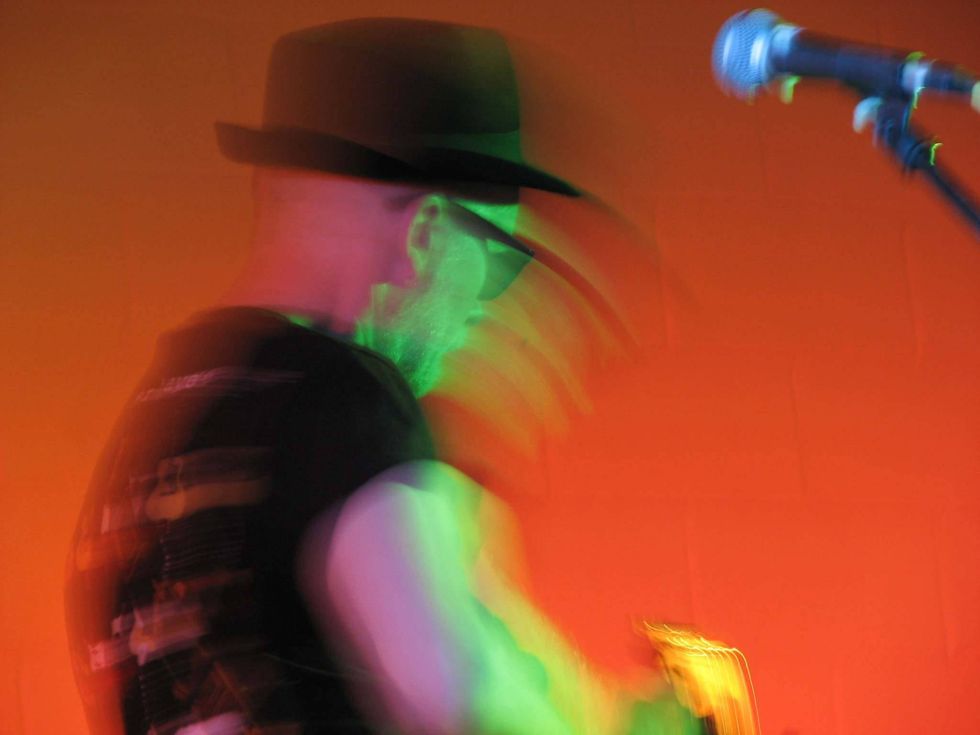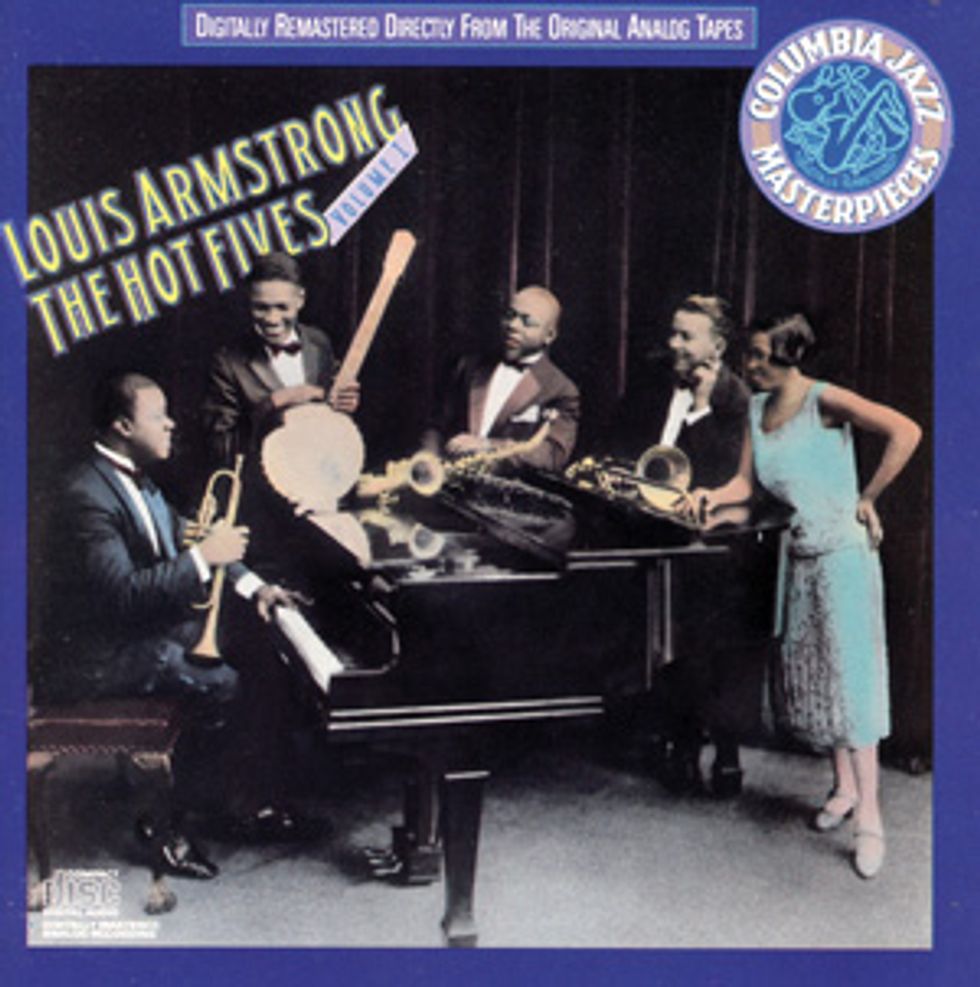
Louis Armstrong and The Hot Fives recorded hot, swinging music that—for many connoisseurs— represents the birth of recorded jazz. Cut in the 1920s and distributed on 78s, the tunes capture the classic spirit and energy of New Orleans.
I recently attended the 2012 New Orleans
Jazz Fest where music enthusiasts were
treated to such Titans of Jazz as:
• Foo Fighters
• The Eagles
• Grace Potter and the Nocturnals
• Bruce Springsteen
• Tom Petty and the Heartbreakers
• Bonnie Raitt
The fest was stacked with an impressively long roster of top-tier rock 'n' roll acts that filled the 60,000-seat venues. The festival also featured a pile of blues, gospel, and R&B acts on smaller stages, and then a smattering of local jazz groups in the smallest tents.
The festivities shut down each night around 7 p.m., so I spent my vampire hours stumbling from Jackson Square to the carnage of Bourbon Street. (Best T-shirt award: I got Bourbon-faced on Sh*t Street.) Pre-Katrina, this square and the area's sweaty streets and dank clubs were full of horns blowing Dixieland and kids tap dancing with bottle caps screwed into their Air Jordans. It was an amazing scene you couldn't find anywhere else in the world.
Now it's all strip clubs and rock bars
blaring “Don't Stop Believing," “Keep Your
Hands to Yourself," and “Hard to Handle"—
basically the same set list you'd hear in any
crap gig in America. I enjoy playing these
warmed-over party anthems at clubs, but I
don't want to hear them—especially in New
Orleans, a town known for two things:
1. Great food.
2. Inventing jazz.
The gumbo and shrimp étouffée remain spectacular, but the jazz barely has a pulse.
Go to Hawaii and you'll hear traditional Hawaiian music in almost every restaurant, bar, and hotel lobby, and tourist and locals alike enjoy it. Unlike Hawaiian music, jazz was once the highest-selling format in the Western world. Louis Armstrong enjoyed mainstream popularity, much like John Mayer does today. How is it that New Orleans' once spectacularly popular music has all but disappeared in its hometown?
Jazz died on Bourbon Street when one club booked a dirty rock band and drunken college kids mobbed the joint. The other clubs had no choice but to follow suit or go belly up. Tourists didn't want to think, they wanted to drink, and jazz required too much thinking. The Jazz Fest fell into the same marketing necessity—jazz quit putting butts in seats, so pop and rock took over.
Jazz faced trouble when bebop adopted the battle cry, “always evolve." Jazz players began to look down their noses at the music and originators who brought their genre popularity. Modern jazz turned music into an intellectual muscle-flex and in doing so, alienated its audience.
Modern jazz reminds me of those annoying people who try to sound brainy by speaking in complicated three- and four-syllable words when a simple phrase would work better. Rather than saying, “I love her, she don't love me, that hurts," the jazzer might say, “The object of my affection remains indifferent to my beseeching confession of endearment. I feel disconsolate by this unrequited adoration."
Lose the message and you lose the audience.
In a way, it reminds me of '80s shred guitar. The big hairs kept taking it farther until '80s guitar compromised emotion in the pursuit of technical difficulty. Music fans eventually traded emotionless fast scales and spandex for angst-ridden grunge chords and flannel. In the '40s, beboppers traded swing, perfect harmony, and memorable melodies that made people dance for the freedom to play for themselves.
What's the difference between a rocker and a jazzer? Jazzers play thousands of chords for four people, rockers play four chords for thousands of people. I respect those cats who never compromise their art, and I wish them the best. It's a shame that some talented people have to struggle to make a living because of the esoteric nature of the genre they pursue. But part of me feels that the elitism of some avantgarde players makes them deserve what they get. No compromise is no way to earn a living.
There's rich irony in that a type of music that prides itself on no boundaries actually limits itself by avoiding those simple, singing melodies that made old-schoolers like Louis Armstrong so popular. For the record, I suck at jazz.
John Bohlinger is a Nashville multi-instrumentalist best know for his work in television, having lead the band for all six season of NBC's hit program Nashville Star, the 2011, 2010 and 2009 CMT Music Awards, as well as many specials for GAC, PBS, CMT, USA and HDTV.
John's music compositions and playing can be heard in several major label albums, motion pictures, over one hundred television spots and Muzak... (yes, Muzak does play some cool stuff.) Visit him at youtube.com/user/johnbohlinger







